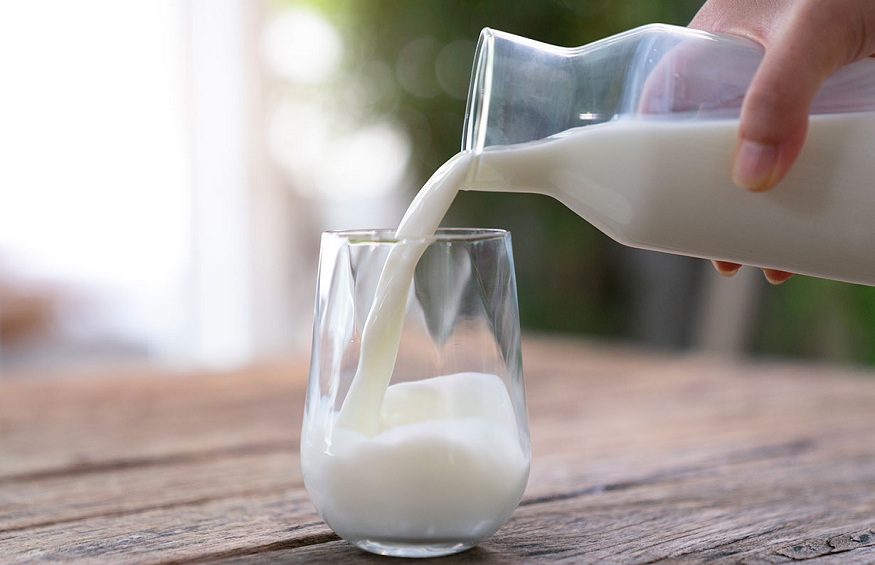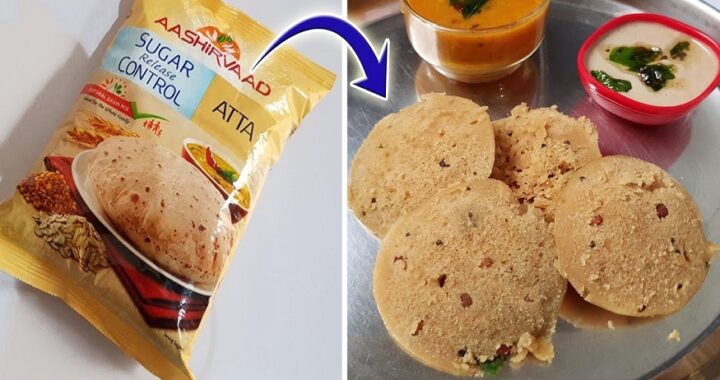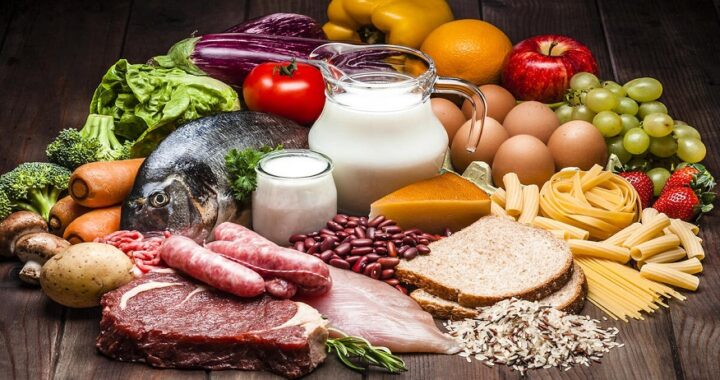How To Reduce Gastrointestinal Discomfort And Allergies With Goat Milk

Humans can digest goat milk more easily than other types of milk. Additionally, it has anti-inflammatory and antioxidant properties that can treat minor digestive issues and guard against allergic diseases in young children.
What Are Gastrointestinal Discomfort And Allergies?
The most serious conditions in which an allergic background plays or can play an important role are: oral anaphylaxis syndrome, aphthous stomatitis, reflux disease, acute and chronic allergic reactions of gastric mucosa, irritable bowel syndrome, and eosinophilic gastrointestinal disorders. Since the digestive tract is the first point of contact with food, allergic reactions begin there. The gastrointestinal reaction is designed to quickly eliminate or neutralise the irritant or allergen. Abdominal pain, nausea, vomiting, and diarrhoea are all common gastrointestinal reactions.
Many factors may upset your GI tract and its ability to keep moving, including:
- Eating a diet low in fibre
- Not getting enough exercise
- Travelling or other changes in routine
- Stress
- Resisting the urge to have a bowel movement
Diagnosis: What Is The Process?
Your allergist will take a thorough history, including what you ate, the symptoms you experienced, how long they lasted, and what you did to alleviate them. A skin prick test or a blood test are the most common allergy tests; both look for the presence of immunoglobulin antibodies, which develop when your body is exposed to a substance to which it is sensitive. These antibodies trigger the production of chemicals responsible for allergic symptoms.
An oral food challenge is another test that your allergist might order. You’ll eat small amounts of a milk-containing substance or milk powder under medical supervision to see if a reaction occurs. Because a severe reaction is possible, this test is performed in your allergist’s office or at a food challenge centre equipped with emergency equipment and medication.
How Can Goat Milk Help Reduce Gastrointestinal Discomfort?
If excess acid is causing inflammation in the oesophagus or stomach, milk may be beneficial. Milk coats the lining of your stomach and buffers the acid. Milk is slightly acidic, but far less so than the stomach’s natural gastric acid. Milk was long thought to be capable of neutralising this stronger acid and relieving pain.
Milk does provide a temporary buffer to gastric acid, but studies have shown that it stimulates acid production, which can cause you to feel sick again after a brief period of relief. Riboflavin is abundant in goat milk (B2). The primary function of vitamin B2 is to aid in the metabolism of carbohydrates and fats in order to provide you with more energy. Goat milk curds are finer and easier to digest.
To Conclude
Goat milk is less affected by stomach acid than other milk types and can help coat your stomach and protect any ulcers from the painful effects of stomach acid. Stomach ulcer patients may find significant relief when combined with an antacid. With so many health benefits, it’s easy to see why so many people use goat milk in their daily lives. Goat milk is more widely consumed globally than other types of milk, and it is similar enough to other types of milk that it can be easily incorporated into your daily diet and routine.

 How To Achieve The Ideal Baked Potato In The Oven Every Time?
How To Achieve The Ideal Baked Potato In The Oven Every Time?  What is sugar release control atta? Is it beneficial?
What is sugar release control atta? Is it beneficial?  The Impact of Water Delivery Services on Reducing Plastic Waste
The Impact of Water Delivery Services on Reducing Plastic Waste  The Role of Water Delivery Services in Public Health
The Role of Water Delivery Services in Public Health  Dietary Changes During Chemotherapy
Dietary Changes During Chemotherapy  3 Common Cake Mistakes That You Should Avoid
3 Common Cake Mistakes That You Should Avoid  Enhancing Endurance and Recovery with Anavar: What You Should Know
Enhancing Endurance and Recovery with Anavar: What You Should Know  Hyperbaric Oxygen Therapy in Reproductive Medicine
Hyperbaric Oxygen Therapy in Reproductive Medicine  The Aesthetic and Functional Benefits of Compression Gear
The Aesthetic and Functional Benefits of Compression Gear  Types Of Physical Activities You Can Undertake From Today
Types Of Physical Activities You Can Undertake From Today